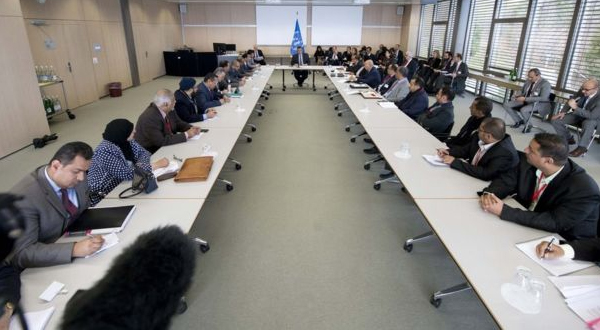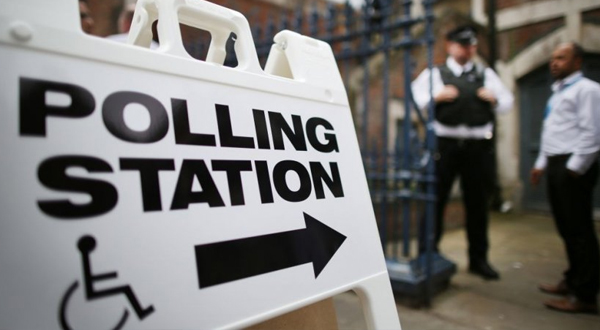DUBAI: A concerted United Nations effort aimed at ending nearly 13 months of war in Yemen sees peace talks resuming on Monday, but with a ceasefire barely holding.
Previous attempts have failed to stop the fighting which has killed thousands of people, forced almost 2.8 million from their homes and raised regional tensions.
A ceasefire that came into effect on Sunday at midnight to pave the way for the talks in Kuwait has been violated numerous times.
But the Iran-backed rebel Huthis, the government, and the United Nations, which sponsored the ceasefire, have avoided talk of it collapsing, as happened with three earlier truces.
The ceasefire does not apply to jihadist groups, which have exploited the chaos to strengthen their hold in the south.
The coalition led by Iran’s regional rival Saudi Arabia early this week described ceasefire violations as “minor”. The coalition began air strikes in March last year to support Yemen’s government.
Briefing the Security Council Friday ahead of the talks, UN envoy Ismail Ould Cheikh Ahmed, who has conducted months of shuttle diplomacy, said Yemen has “never been so close to peace”.
The government and the rebels and their allies last sat down to talk in Geneva in December, but six days of negotiations ended with no major breakthrough.
“We can expect a hard time” at the Kuwait talks, said April Longley Alley, a Yemen specialist at the International Crisis Group.
“In a best case scenario, the two sides will agree to a package of compromises that will build trust, strengthen the ceasefire, allow for an inclusive government to return to Sanaa and restart the political process,” she told AFP.
“But this is a tall order.”
In contrast with previous ceasefires, joint committees of rebel and loyalist troops were formed to monitor compliance.
However they have not really begun their work.
On Thursday, military sources reported at least 35 pro-government fighters killed in clashes with rebels over three days near the Huthi-held capital Sanaa.





